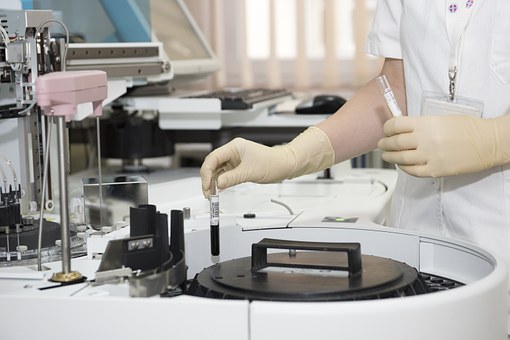Innovations In The Healthcare Domain
Technology enriches the way we live and can turn the impossible into possible. Big Data Analytics and Internet of Things (IOT) are two such innovations that have created a benchmark in the healthcare domain. Remote and continuous monitoring of a patient’s health has become possible due to technologies such as Big Data Analytics and Internet of Things (IOT).
Big Data And Cloud Technology
Through this network of sensors and analytics, a patient’s data gets transmitted to Cloud based platforms to be stored, aggregated and analysed. Also, regular updates to physicians lessen chances of redundant or unsuitable care and improve patient safety. It is particularly helpful in treating diseases which need continuous monitoring such as hypertension, diabetes, and asthma.
With the help of Big Data and Cloud technology, a patient suffering from a life-threatening disease does not require to visit a doctor frequently. The physician can monitor the well-being of the patient and also stay updated of any pie-conditions that may affect the patient’s health, while the patient is in the comfort of his/her home.
The patient’s vital information such as blood pressure, heart rate and blood sugar is constantly monitored through sensors placed on the body and transmitted through smart medical devices to the clinicians. In fact, the pharmacy and physician are even alerted when a patient misses out on the scheduled medication.
“A patient’s vital information such as blood pressure, heart rate and blood sugar is constantly monitored through sensors placed on the body and transmitted through smart medical devices to the clinicians”
Medical Emergencies/Big Data And Analytics
During medical emergencies, quick decisions have to be taken to save a patient’s life. As a result, the impact of Big Data and Analytics has gained significant mileage in improving data accuracy and speedy analysis. It aids health specialists to make improved decisions in high-stress situations, by allowing doctors to conduct high- speed analysis, run through millions of papers and genetic sequencing data and go through numerous treatment records throughout the world, providing a deeper insight into how to treat a patient with a specific blood group, DNA sequence or characteristic.
Based on their analysis a decision is taken on the best course of action. Using analytics tools, a doctor can thoroughly monitor a patient’s health, past occurrences and also analyse how he/she responds to different treatments. Hence, decisions will be based on tacts and not on judgment. And earlier what could be achieved for only a small number of patients (five to ten per cent) can now be done for a significantly increased number, drastically improving chances of survival.
The Role Of Big Data In Healthcare
The entire data includes a patient’s medical information (including doctor ‘s notes and prescriptions, results from imaging, laboratory, pharmacy, and insurance) data in electronic patient records (EPRs) machine generated! sensor data, like looking thoroughly at vital signs, other social media posts along with twitter feeds, update on blogs and other platforms, web pages and less patient centric information including emergency care data, news feeds, and articles in medical journals. Big Data Analytics in the healthcare sector is fast emerging and evolving into a promising platform for offering insight from a huge data set, in conjunction with enhancing outcomes at a minimal cost. Consequently, a patient In the ICU and his kin need not worry about the absence of doctors and nurses as he/ she is constantly under the scanner.
Reduced Costs Of Patient Care
With the advent of Big Data, a significant reduction in the expenditure of the healthcare sector has been witnessed. The use of these three technological innovations has improved homecare facilities and has brought down healthcare costs. Several studies have been made in this regard and the data found has proved the positive correlation between reduced expenditure and the use of Big Data and Analytics.
The effect of Analytics on healthcare is crystal clear. Diseases can be prevented or cured in their initial stages. It also helps in preventing needless hospitalization, visits to the emergency department and intensification of the severity of the ailment. All this translates into lower costs of care and improved health.
